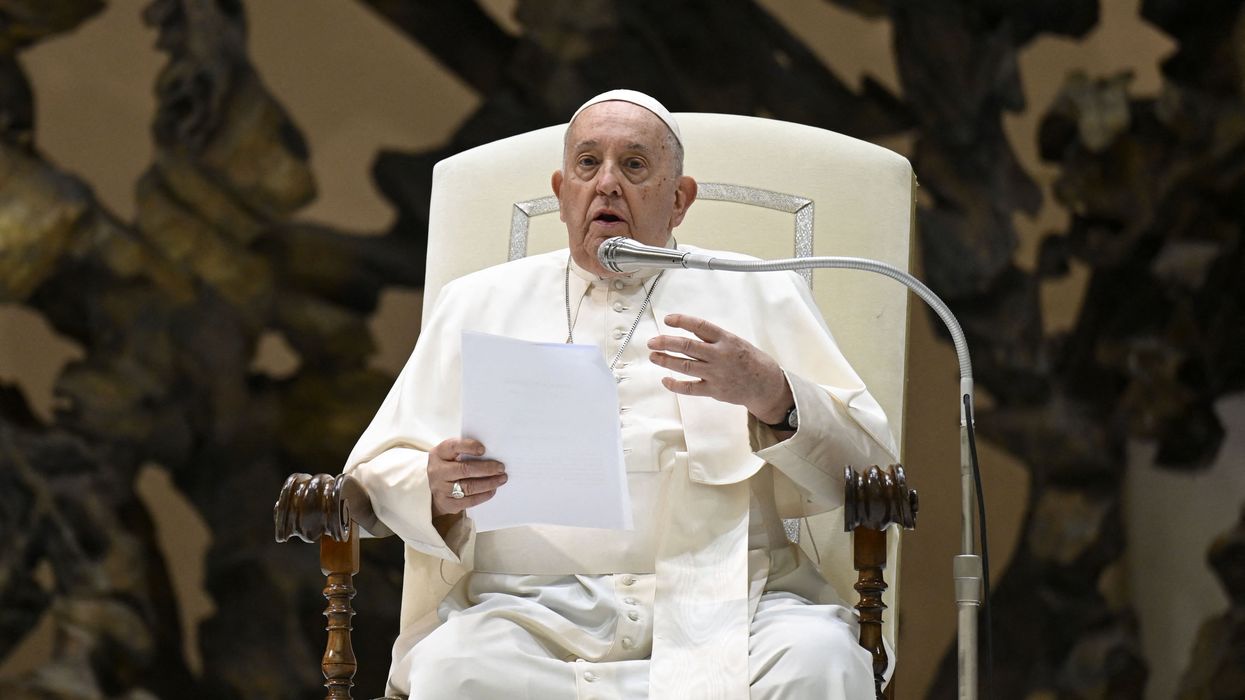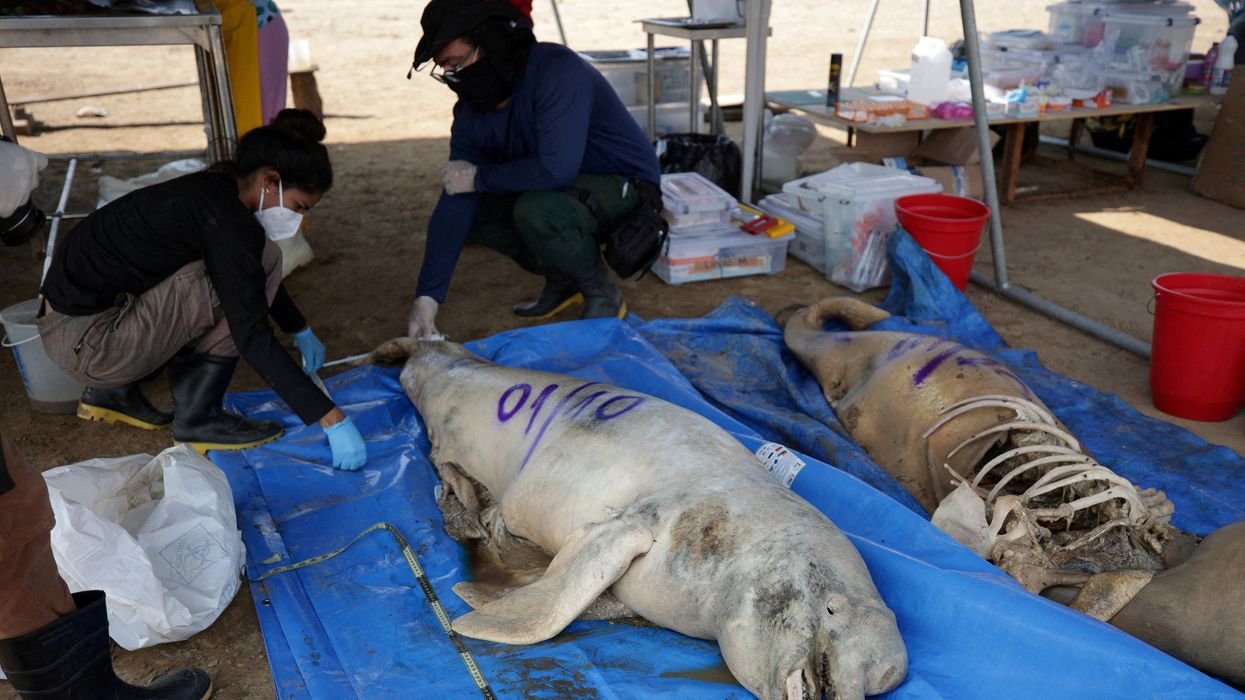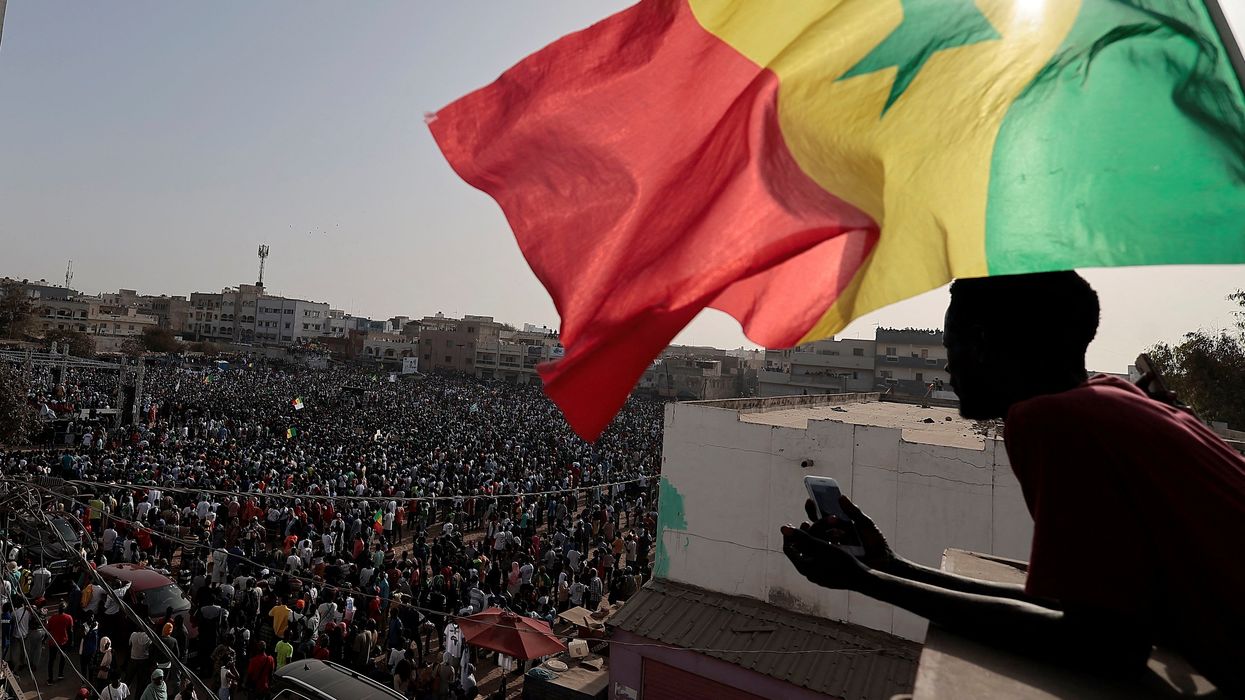Hard Numbers
Hard Numbers: Pope cracks down, Americans live (bit) longer, coup plotters arrested, Amazon deforestation slows, adopt axolotls
2: Pope Francis is punishing two different high-ranking, conservative American clergymen for being sources of church disunity.
Nov 29, 2023






